Peru’s Gen Z Revolt: Rapper’s Death, Fragile Presidency, Nation on Edge
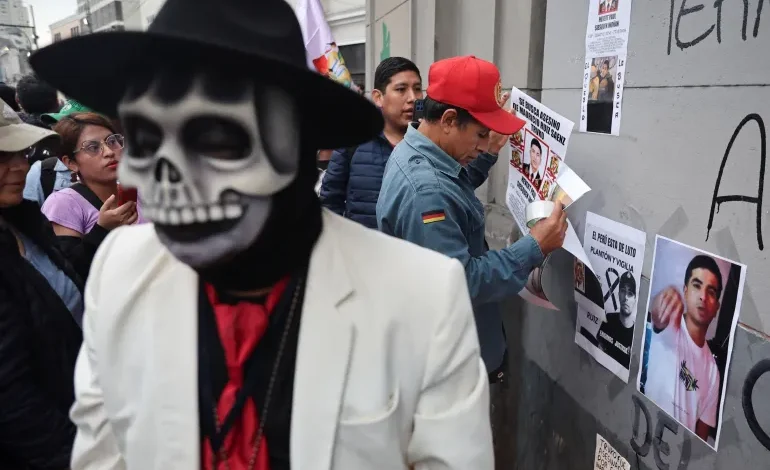
Peru’s new president, Jose Jeri, is already facing the full weight of the country’s unrest, just a week after taking office. The 51-year-old former congressional leader has refused to step down amid escalating protests driven by a restless Generation Z and ignited by the police killing of a beloved rapper.
The government announced late Thursday that a state of emergency would be imposed in the capital, Lima, after prosecutors launched an investigation into the death of Eduardo “Ruiz” Ruiz, a 32-year-old hip-hop artist and activist shot dead during a mass demonstration.
Peru’s police chief, General Oscar Arriola, confirmed that officer Luis Magallanes, now dismissed and hospitalized after being beaten by protesters, was suspected of firing the fatal shot. Ruiz’s killing marked the first protest death since demonstrations erupted a month ago, initially over wages and pensions but now morphing into a broader anti-establishment movement against corruption, inequality, and rampant crime.
The prosecutor’s office said it had seized Ruiz’s body and begun collecting audiovisual and ballistic evidence “in the context of serious human rights violations.”
Jeri, who became Peru’s seventh president in less than a decade after Congress impeached Dina Boluarte last week, has struggled to convince Peruvians he can bring stability. On Wednesday, thousands marched across the country, clashing with riot police outside Congress and demanding his resignation.
“My responsibility is to maintain the stability of the country,” President Jose Jeri told reporters. “That is my commitment.”
Jeri expressed regret over Ruiz’s death but blamed the chaos on “delinquents who infiltrated a peaceful demonstration.” His words landed flat in a country where police brutality is a recurring scar and where young people increasingly see the political elite as part of the same corrupt continuum.
The protests have been led largely by young Peruvians disillusioned by years of revolving-door governments and deepening insecurity. For them, Ruiz’s music, raw, streetwise, and defiant, had become an anthem of belonging in a country where almost half the population under 35 struggles to find steady work. His death turned him into a symbol of everything they’re fighting against.
According to Interior Minister Vicente Tiburcio, 89 police and 22 civilians were injured in Wednesday’s unrest, with 11 arrests made. But for many, these numbers only reinforce the sense that Peru’s institutions are teetering, caught between a corrupt political class and a police force seen as both brutal and unaccountable.

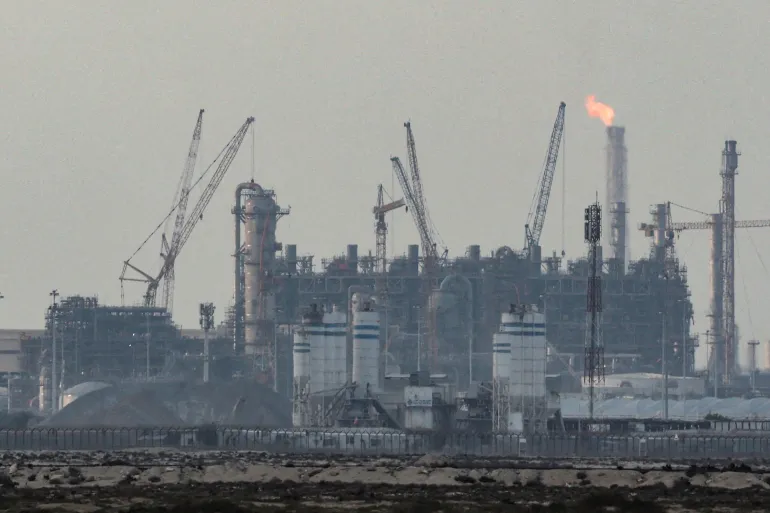
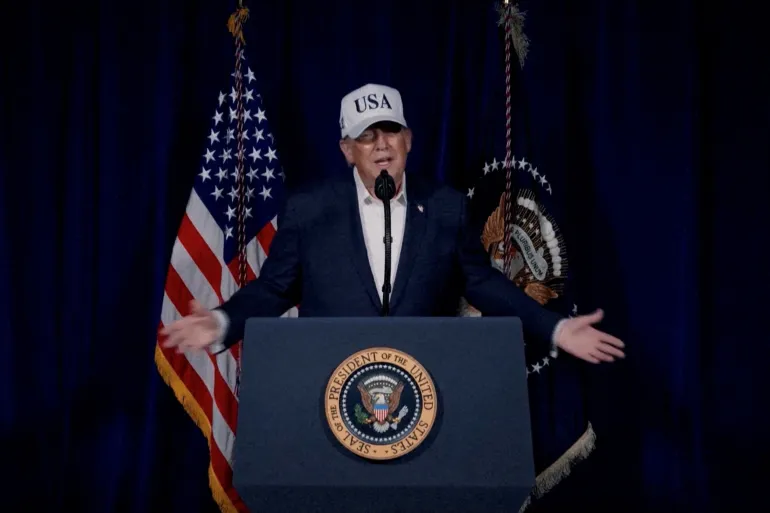
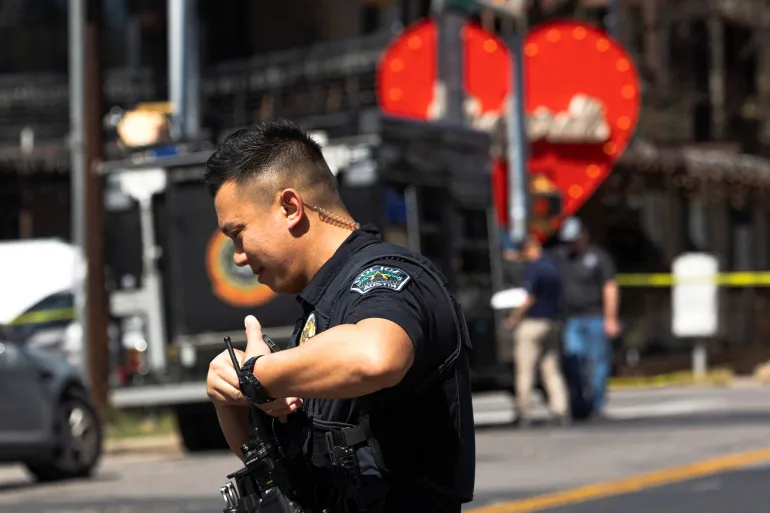
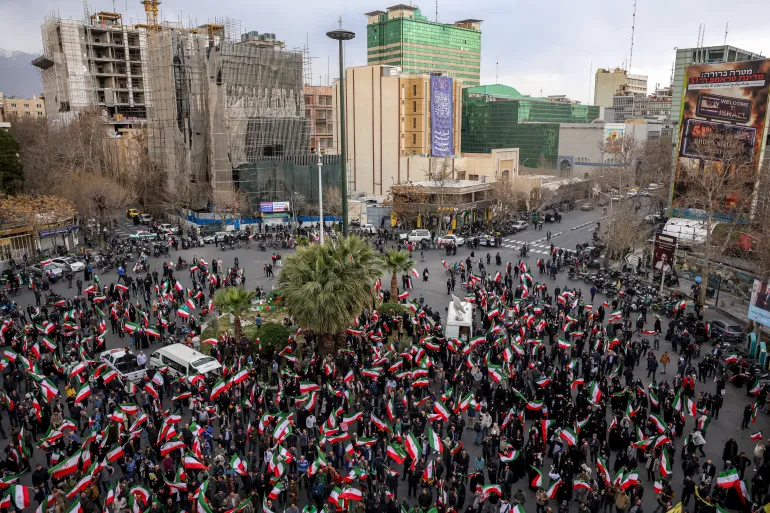




The latest news in your social feeds
Subscribe to our social media platforms to stay tuned